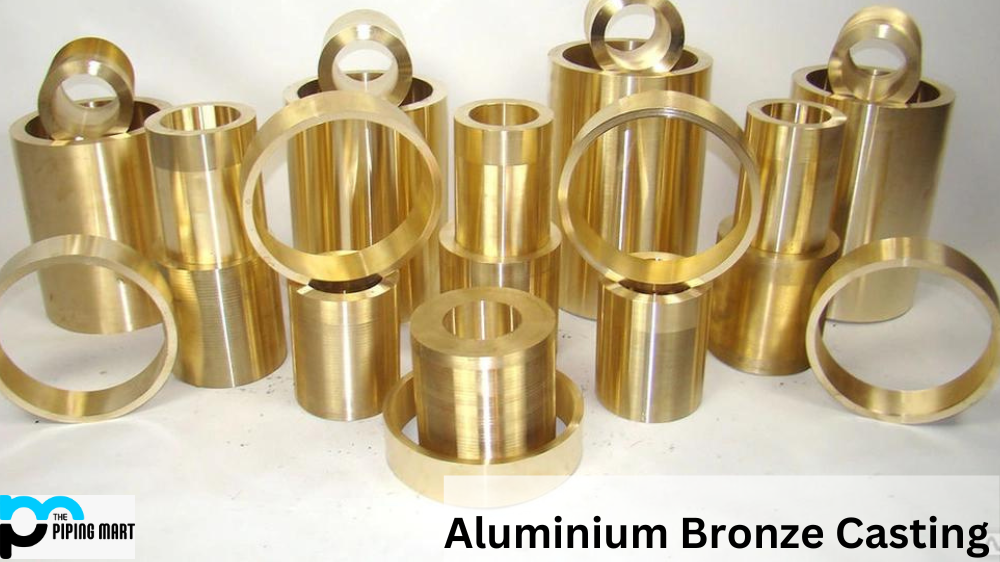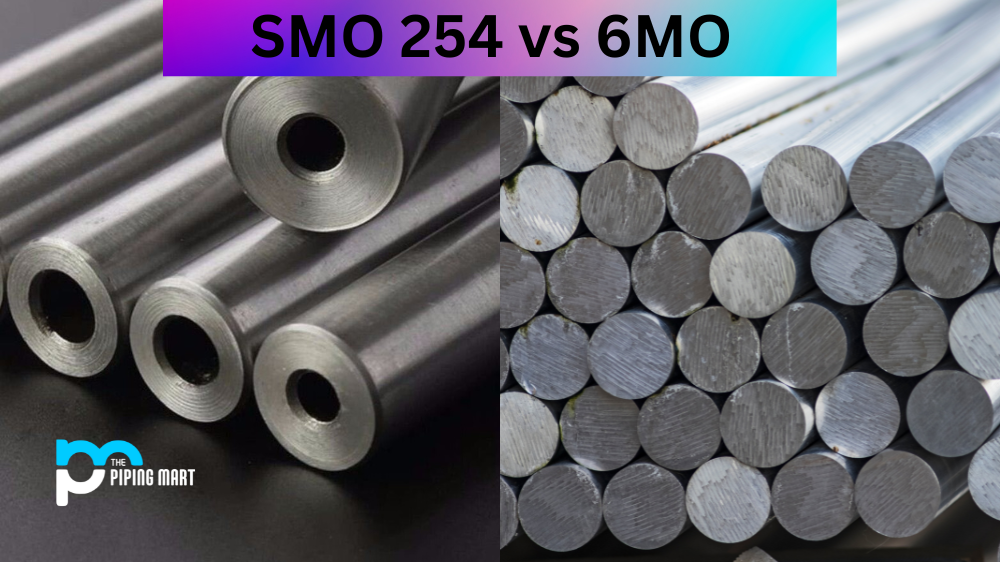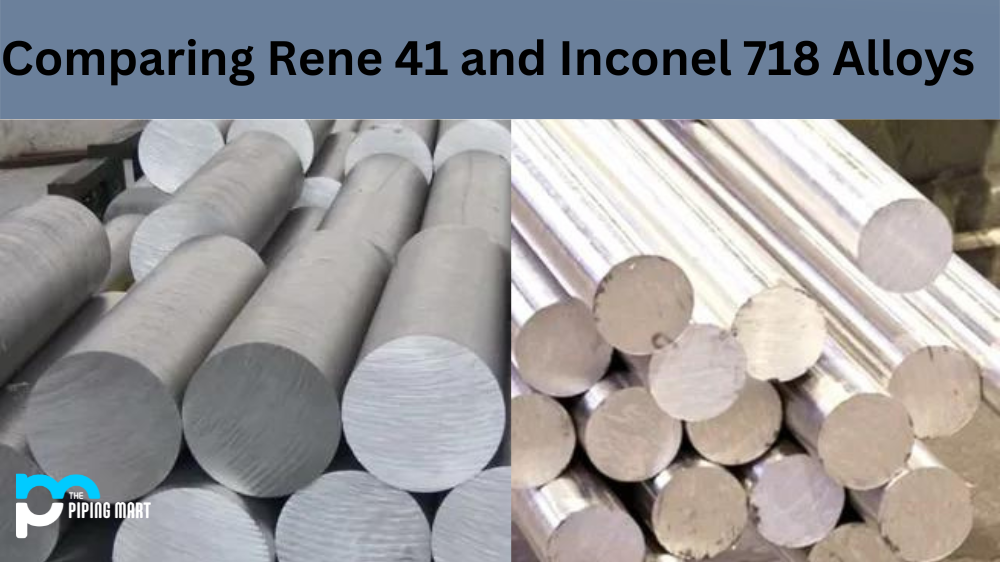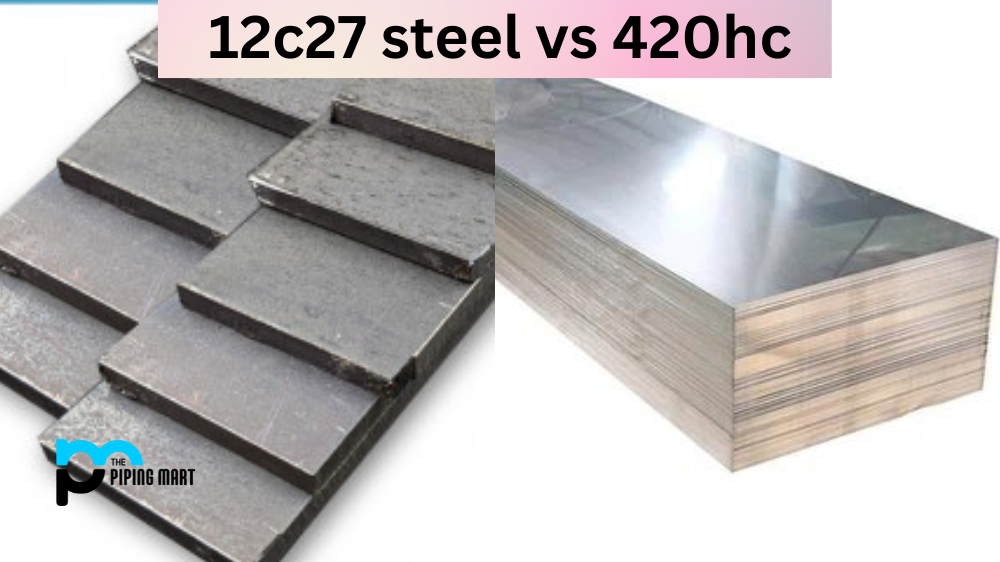Aluminium bronze is an alloy of copper and aluminium that has a variety of applications in the metal casting industry. It is prized for its durability and resistance to corrosion, making it ideal for indoor and outdoor applications. Before you begin your aluminium bronze casting project, you must familiarize yourself with the specifications for this material to ensure that your results are accurate and up to standard. Let’s take a closer look.
Chemical Composition
The most common alloy used in aluminium bronze casting is designated as C95400. This material contains 8-10% aluminium and 89-91% copper, along with iron, manganese, silicon, nickel, and zinc traces. Depending on what application the castings will be used for, other alloys may be added to enhance specific properties such as strength or formability.
Tensile Strength and Hardness
Aluminium bronze castings have a tensile strength ranging from 35 to 70 ksi (kilopounds per square inch). The Rockwell Hardness scale measures how resistant a material is to indentation – in other words, how hard it is – and aluminium bronze typically falls between 60-90 HRC (Rockwell Hardness C Scale). As mentioned above, these properties can be further enhanced by adding different alloys during the casting process.
Communication Standards
The communication standards associated with aluminium bronze casting depend on what type of product you are producing; however, as a rule of thumb, you should always follow best practices when communicating with your suppliers about your specific needs. Ensure that all information regarding dimensions, tolerances, finishes, etc., is specified clearly, so there is no confusion when the product arrives at your facility. Additionally, suppose any post-casting operations, such as heat treatment or machining, must be done. In that case, it’s important to include clear instructions on how these operations should be carried out to get the desired results.
Conclusion
Aluminium bronze castings are an excellent choice for many metal fabrication projects due to their durability and resistance to corrosion. To get accurate results from your project, you must understand the specifications associated with this material, including its chemical composition, tensile strength, hardness level, and communication standards. Taking these steps will help ensure that your aluminium bronze castings meet all applicable quality standards – giving you peace of mind knowing there won’t be any surprises down the road!

Pipingmart is a B2B portal that specializes in metal, industrial and piping items. Additionally, we share the latest information and information about materials, products and various types of grades to assist businesses that are involved in this business.




